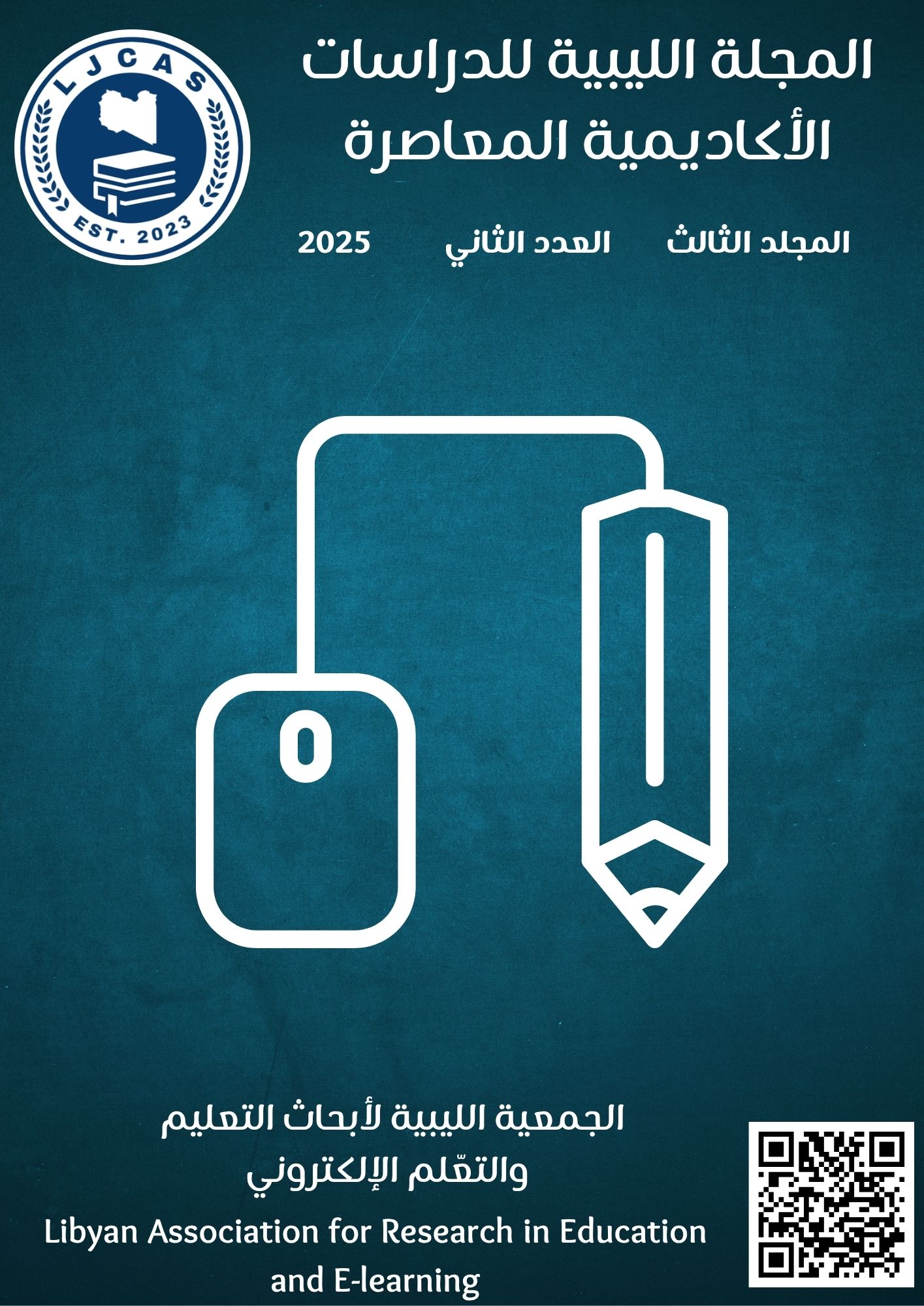Challenges Encountered by Libyan Undergraduate Students in Effectively Translating Canned Food Labels from English to Arabic
Keywords:
Translation, Culture, Food Labels, Linguistic aspects, ConsumersAbstract
Translation is the process of expressing the meaning of one language in another. It acts as a bridge connecting audiences from diverse linguistic and cultural backgrounds, functioning both as an interlingual activity at the language level and as a means of intercultural dialogue. Translation plays a crucial role in understanding global literature and culture. Within the field of translation studies, a significant link exists between translation and culture. However, there are differences in how food culture is represented and interpreted during the translation of labels, potentially causing confusion for consumers. Translating food names carries cultural significance that can be difficult to understand, presenting various challenges for many translators.
Thus, this research will identify and clarify the linguistic and cultural challenges encountered in the translation of food labels, along with the strategies and methods utilized in the process. The translator highlights both the advantages and disadvantages of translating food labels. The translation of food labels should be approached thoughtfully, as it can greatly influence how a product is perceived by consumers. This study was conducted to analyze food brands with Arabic translations that are present in the Libyan market. To achieve this goal, products with food labels in both languages that are commonly found in everyday use were chosen. This research will deepen our understanding of local culture and international interactions, and it will also examine the translation strategies employed in the context of packaged food labels. Ultimately, this study explores the importance of labels to consumers within the Libyan market.







